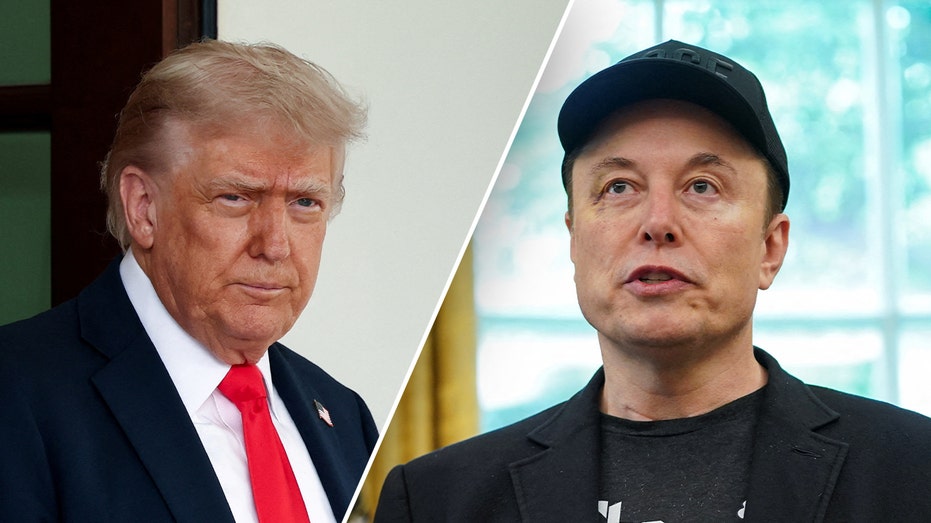A wave of ICE enforcement swept through North Carolina cities this week, with over 120 individuals taken into custody in Charlotte alone, and operations extending to Raleigh and Durham. The increased federal presence isn’t a spontaneous event, but a direct consequence of years-long policy clashes at the state level, according to one candidate vying for a U.S. Senate seat.
Michael Whatley, the Republican candidate, asserts that the need for such forceful ICE intervention stems from repeated vetoes by former Governor Roy Cooper. These vetoes, Whatley claims, blocked legislation designed to compel local law enforcement to cooperate fully with federal immigration authorities.
The core of the dispute centers around ICE detainers – requests to local sheriffs to hold individuals suspected of immigration violations until federal agents can take them into custody. Cooper, during his eight years in office, vetoed at least three bills crafted by the Republican-led legislature that would have mandated sheriffs to honor these detainers.
One such bill, originating with current House Speaker Destin Hall, aimed to require sheriffs to hold suspects for federal transfer. Cooper, however, argued the legislation exploited “fear to divide North Carolina.” A subsequent attempt, dubbed “ICE 2.0” by its sponsors, met the same fate with a veto in 2022.
Ultimately, the legislature did override one of Cooper’s vetoes in 2024, but it was bundled with a controversial expansion of private-sector school vouchers. Whatley directly links these past vetoes to the current ICE operations, stating Cooper is “responsible” for allowing individuals who would have been flagged for deportation to remain free.
A spokesperson for Cooper countered that local sheriffs actively opposed the Republican legislation, citing concerns about limited resources. They also pointed to Whatley’s own record, accusing him of supporting cuts to local law enforcement funding, exacerbating the problem.
Sheriffs in Wake, Mecklenburg, and Durham counties reportedly warned that the proposed policies would create “substantial administrative burdens” for jail and court staff. Their opposition highlights a deeper tension between state and local control, and the practical challenges of enforcing federal immigration law.
The debate extends beyond detainers. Cooper had previously supported a bipartisan border bill crafted by Senators Lankford and Sinema, a measure ultimately rejected with the help of former President Trump, who deemed it insufficient. Whatley sharply criticized the Democratic sheriffs for refusing to comply with ICE requests.
Whatley frames the situation as a matter of public safety, asserting that “Democrat sheriffs” have allowed “violent criminal illegal aliens” to remain in North Carolina. He expressed gratitude for President Trump’s intervention, positioning him as a defender of North Carolina citizens.
The fundamental question at the heart of this conflict is who bears the primary responsibility for protecting the citizenry. Whatley argues it’s the government’s highest duty, and that the President is now acting as a proxy for the people of North Carolina in fulfilling that role.






